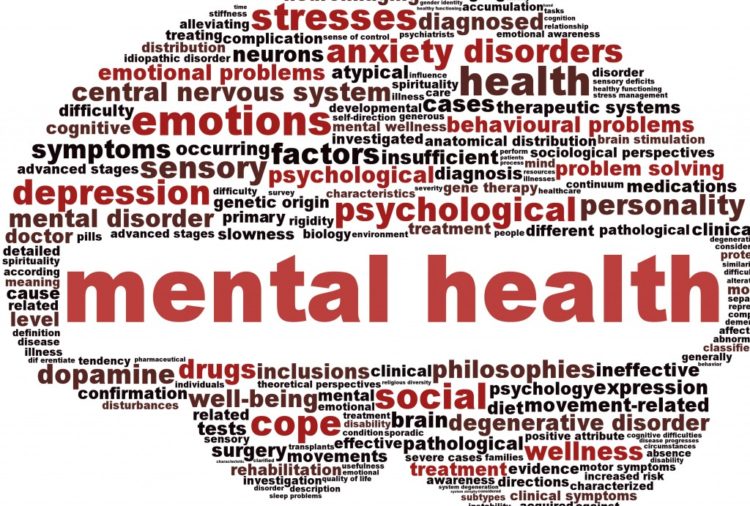By Lucy Caulkett
The British government has announced the introduction of a new mental health bill following today’s publication of the findings of an independent review into the Mental Health Act 1983. The government stayed silent on the review’s recommendation that bereaved families should receive non-means tested legal aid – despite already pledging to accept two other recommendations.
The review, chaired by Sir Simon Wessely, president of the Royal Society of Medicine, was commissioned by the prime minister in October 2017 in the wake of concerns surrounding detention rates and racial discrepancies in detention.
It aims to balance an individual’s right to autonomy with the desire of a civilised society to protect its most vulnerable. It also stresses the importance of our cultural and ethical traditions in supporting the concept of protecting the vulnerable and those unable to care for themselves.
A 307-page report, published today, makes reference to a prevailing fear factor among those with mental health, and professionals employed to assist them. Many professionals fear the risk of being shamed in the
The report also concedes that some of the decisions taken by the government leading up to the 2007 Act were an overreaction. It highlights for example, the introduction of the concept of Dangerous and Severe Personality Disorders (DSPD). It confirms clarity that most suf just being detained for the protection of the public, and that better (and cheaper) alternatives were available3. A similar but not identical argument is raised now, with justification, for the fact that some people with a learning disability, autism or schizophrenia are being “warehoused” as we now call it in locked rehab wards, or unsuitable long stay wards which exacerbate and not ease their problems.
for the government to provide non-means-tested funding to families of detainees who have died unnaturally, violently or by suicide: ‘This would be to help families understand the processes, their rights, and what steps they can take. This would include funding to attend the inquest, but should also be available to support families immediately after the death of the patient.’
Inquest, which helps bereaved families access the truth in cases involving state-related deaths and investigations, has long been concerned about legal aid disparities.
Inquest’s director, Deborah Coles, said: ‘We are glad to see this review adding to the widespread calls for non-means tested legal aid for bereaved families. Access to justice is essential to enable accountability and learning from deaths. Inquest will continue to push for robust, truly independent investigations following deaths in mental health settings, which are necessary to ensure appropriate scrutiny and prevent future deaths.’
Elsewhere, the review says too many people who are mentally ill are remanded to prison rather than to hospital. It suggests that prisons should not be considered as places of safety solely on welfare grounds when bail is being considered and that magistrates’ courts should have hospital remand powers. However, the report acknowledges that ‘all these powers are illusory if no bed is available and that is frequently the case. This is an issue that commissioners need to address urgently.’
Responding to the report, the government said it is accepting two recommendations. Those detained under the act will be allowed to nominate a person of their own choice in decisions about their care. People will be able to express their preferences for care and treatment, and have these listed in statutory ‘advance choice’ documents.
A formal response to all 154 recommendations will be made in the new year. The government has yet to respond to its call for evidence, issued earlier this year, for its review of legal aid for inquests, which addresses provision for legal help and representation for bereaved families.




